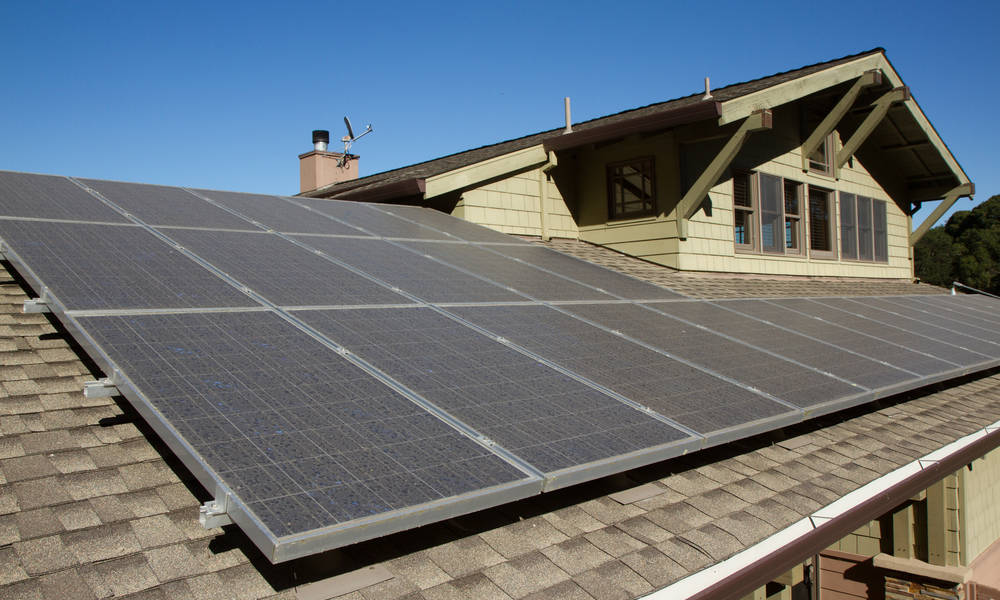
Trade, Tariff Issues Create Headaches for Associations
Decisions by the Trump administration to implement tariffs on various imported products in recent weeks—most notably solar panels—have many trade groups and countries crying foul. The moves suggest a tough landscape for trade as NAFTA talks pick back up.
A recent tariff push by the Trump administration is catching a variety of industries on the defensive at the moment.
On Monday, President Donald Trump announced tough new tariffs on solar panels—devices driving a fast-growing portion of the American economy but largely produced in other countries—as well as on washing machines.
And, about two weeks ago, the U.S. Commerce Department announced a plan to impose duties on newsprint imported from Canada, which produced strong disapproval from dozens of local newspapers and the trade groups that represent them.
The trio of decisions has put a sharp focus on trade issues ahead of forthcoming North American Free Trade Agreement negotiations, and they have sparked an outcry from a wide variety of companies, industry groups, and foreign countries.
Groups React
The Solar Energy Industries Association, which has opposed efforts by foreign-owned American manufacturers Suniva and SolarWorld to press for trade relief, expressed concern that the tariff’s impact on solar panel supply would cause a ripple effect that damages the industry at large.
“While tariffs in this case will not create adequate cell or module manufacturing to meet U.S. demand, or keep foreign-owned Suniva and SolarWorld afloat, they will create a crisis in a part of our economy that has been thriving, which will ultimately cost tens of thousands of hardworking, blue-collar Americans their jobs,” SEIA President and CEO Abigail Ross Hopper said in a news release.
The newspaper industry, facing a preliminary decision to implement tariffs on newsprint from Canada, has criticized the trade action in the toughest of terms. The News Media Alliance promised a fight and argued that the decision was made based on the concerns of a single manufacturer and doesn’t represent the industry as a whole.
“The well-documented decline in the U.S. newsprint market is not due to unfair trade, but to a decadelong shift from print to digital distribution of news and information,” NMA President and CEO David Chavern said in a news release. “Now, we will all literally pay for one manufacturer’s manipulation of our country’s trade laws. These tariffs will saddle publishers with additional costs that will hasten the newspaper industry’s shift to digital and, consequentially, accelerate the decline in both the printed newspaper and newsprint industries. There will be no winners.”
The Columbus Dispatch, one of numerous newspapers that have published editorials denouncing the decision, noted that the American Forest and Paper Association, representing manufacturers, also opposed the tariff.
The washing machine tariff decision, meanwhile, sparked outcries from numerous Asian countries and manufacturers like Samsung and LG. However, Whirlpool, which has faced financial troubles in recent years, praised the move and said it would increase hiring.
A Tough Trade Landscape
While the moves by the Trump administration promise to complicate the trade picture in the coming years, a recent House vote, supported by two major trade groups, suggests there could be room for Congress to step in if necessary.
Last week, the House passed its version of the Miscellaneous Tariff Bill Act, which would eliminate import tariffs on raw materials for which there is not a suitable American-made equivalent. The legislation, supported by the National Association of Manufacturers and the U.S. Chamber of Commerce, now goes to the Senate.
According to The Hill, if the bill goes into law, it would represent the first new piece of tariff legislation since 2010.
Meanwhile, a Bloomberg piece suggests that going to Congress would be possible, but a long shot for the solar industry. More likely is that the World Trade Organization would step in based on grievances from other countries. Canada filed such a complaint earlier this month, and South Korea has threatened a WTO complaint of its own.
Solar panels, washing machines, and newsprint have been key targets of recent trade decisions. (Patrick Civello/iStock/Getty Images Plus)






Comments